In this blog post, using Gibb’s reflective model, I aim to reflect on my experience of my work placement with the Belfast Ensemble in collaboration with Outburst Queer Arts Festival. By using this model I will gain an even deeper understanding of what I learned through my work experience in that, “We do not learn from experience, we learn from reflecting on experience.” (Dewey 2003: 78)
When I was picking my modules I originally opted for the dissertation module, however, when I heard about the Outburst Queer Arts Festival, and their mission to provide a ‘space for free creativity and expression.’ I was intrigued and fascinated by their work and knew that this was something I wanted to get involved in. As a theatre maker, a musician and an LGBTQ+ activist, the Belfast ensemble seemed to be an artistic trilogy to the three things most indicative of my identity.
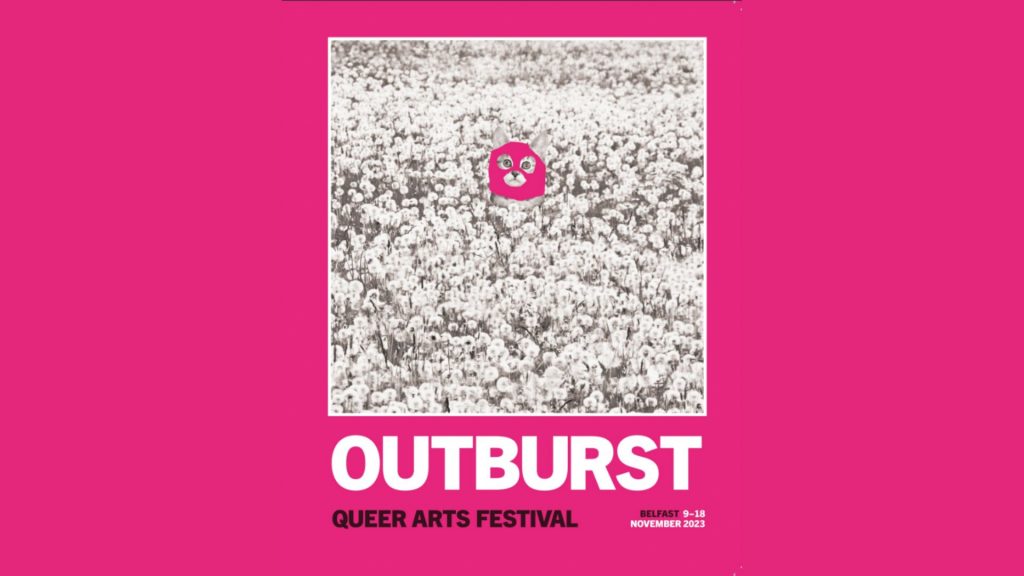
It took me some time to debate on whether a placement or a dissertation would be most suited to my personal development, but after reading ‘A Career in the Arts’ I understood that by working in the arts one can ‘learn more than techniques, fact, and intellectual knowledge, they also grow as individuals.’[1]The prospect of gaining personal development skills through work placement was influential in my decision making. Initially I felt quite overwhelmed with this decision, particularly because I wasn’t sure how to even begin approaching theatre companies to gain a placement, but after speaking to my family and friends I decided that to actually get out there and involved in theatre and to have the opportunity to observe and absorb the talent of the creative theatre makers around me was an opportunity I simply couldn’t miss. Looking back, I should have made this decision quicker as it would’ve allowed me to have a true idea of the goals I wanted to achieve during my placement, and what I wanted to specifically focus my attention on. And so, when I return to my placement in Semester 2, I will go in knowing what I want to achieve during my time.
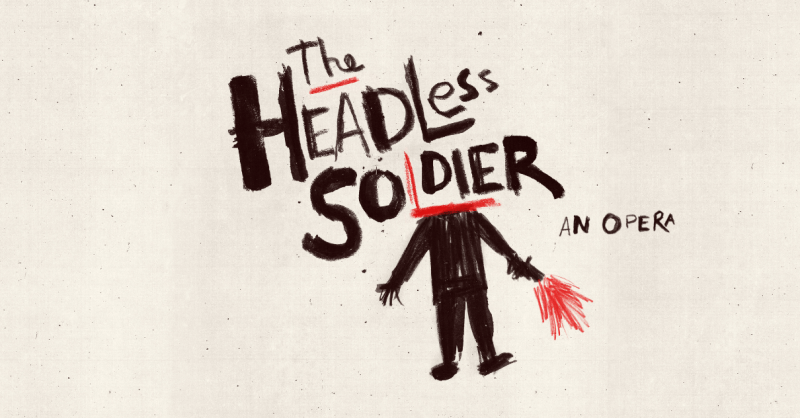
When it came to choosing a placement provider, I felt rather overwhelmed at the list provided on Canvas, after reading ‘Work placements, a survival guide for students’ I learned that, “work experience is part of the transition process from ‘learning to earning’ and that it is essential in today’s competitive market”[1] Understanding that in terms of job seeking, work experience boots employability levels and career prospects, I knew my decision to carry out work placement was the right one. I initially started my decision making process by researching the companies on their list, to see how I could fit in and contribute to their work. Doing this research was positive in that I became more knowledgeable about the works of various theatre companies, however, the challenge that this struck for me was having to decide where my interests, and my abilities fit in within this broad list of creativity. In hindsight I could have began this researching earlier, if the situation rose again I would do a more in depth research, to match my abilities to the company, this would include; being decisive of my goals, and what I want to learn and achieve, comparing the reputation and offerings of the various placement providers, reading reviews of the company.
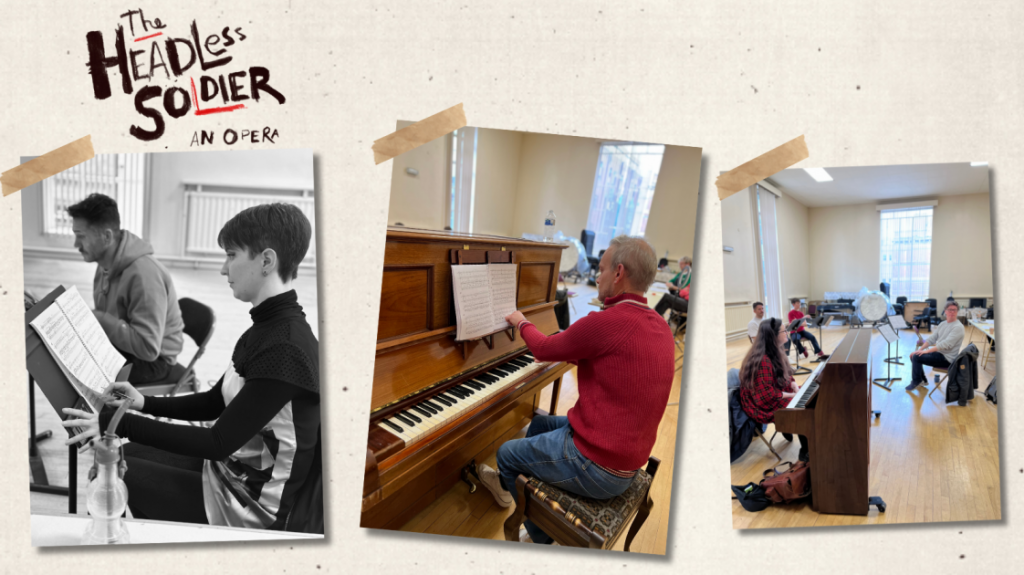
After conducting my research, it was time for me to craft a professional CV and a cover letter. This was quite a daunting experience for me as at first I felt uncertain about what to include and how to format it. After reading, ‘Starting your career as an Artist,’ I understood that, the first steps are to ‘begin by making an inventory of what you have accomplished and where you fit within the art world.’[1] This allowed me to understand the breadth of the experience and skills that I already obtain, and to realise gaps in my experience and skills that I strive to fill. This understanding came about when I read that ‘you have to know where you are and what you’re doing now before you can create the next steps in your working life.’[2]It became a lot easier than I had initially expected, and the result was a CV that I felt accurately portrayed my strengths and skills in a professional manner. It was a positive experience because initially I was worried that I wasn’t experienced enough to get out there in a theatre company, I felt I would be lost and overwhelmed, however, after listing out my experience, my education and my skills, and writing a personal statement, it allowed me to have confidence in doing this module. Upon completion of my CV I asked my aunty, who works in recruitment, to have a look at it for me, she encouraged me to include my experience working in hospitality, which I had originally left out because I didn’t deem it relevant, she reassured me that any professional experience is relevant, and so if I were to do this again, I would definitely ask for a second opinion on my work before sending it to professional theatre makers.
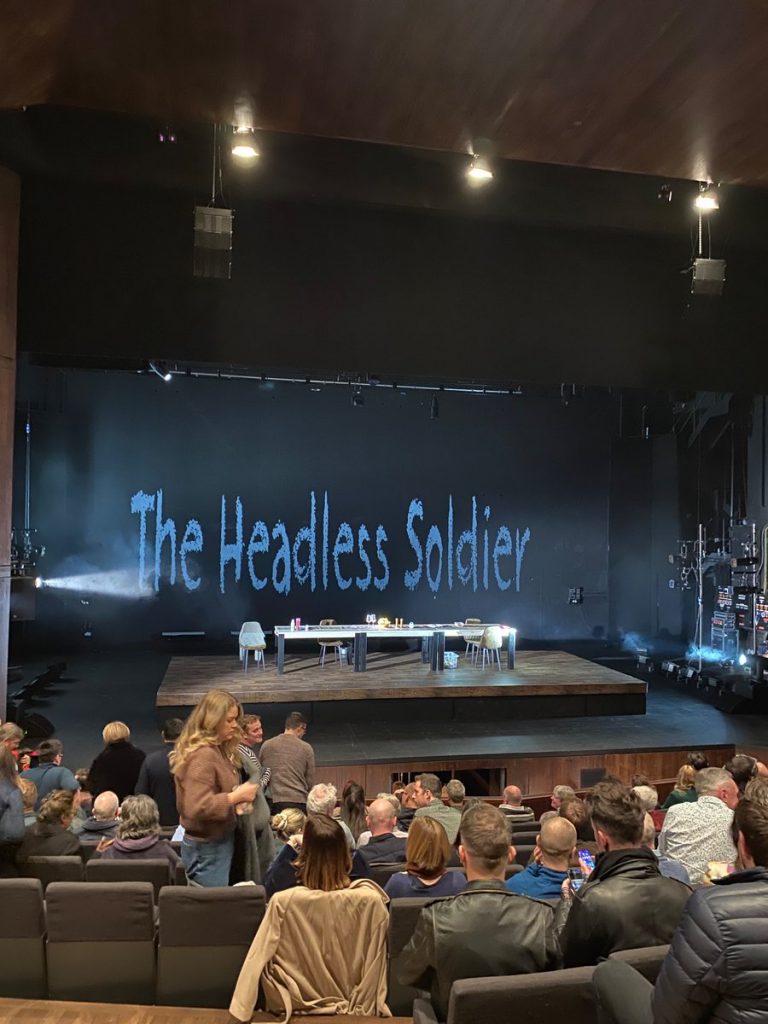
Following the completion of my CV and Cover Letters, I heard back from two theatre companies that I was very interested in. the Bruiser Theatre company was largely influential in fuelling my desire to pursue a career in the creative industries, This company is close to my heart as I attended Bruiser workshops when I was sixteen, which opened my eyes to a whole new side of theatre, a whole new creative sphere of art- using body and physicality to tell stories, and this has been largely formative as a drive to motivate me to continue to write stories today. On the other hand was the Belfast Ensemble who’s work was a part of the Outburst Queer Arts Festival. This was a festival I felt really passionate about, and the opportunity to get involved was a privilege. A difficulty I faced was trying to decide which of the two companies would be the best for me in terms of the opportunities they had, the effect that the work would have on my personal development, and how fitting the placement opportunities were with the goals that I had set for myself. After a conversation with Lara Albergo, of the Bruiser Theatre Company, we decided that the work opportunity they had would be more in line with a film placement than a theatre placement, as the placement required videography and editing skills. Looking back, although the Bruiser theatre company is one I feel passionate about, I am glad I chose the Belfast Ensemble, because the opportunity they gave me was most suited to the goals I had set for myself.
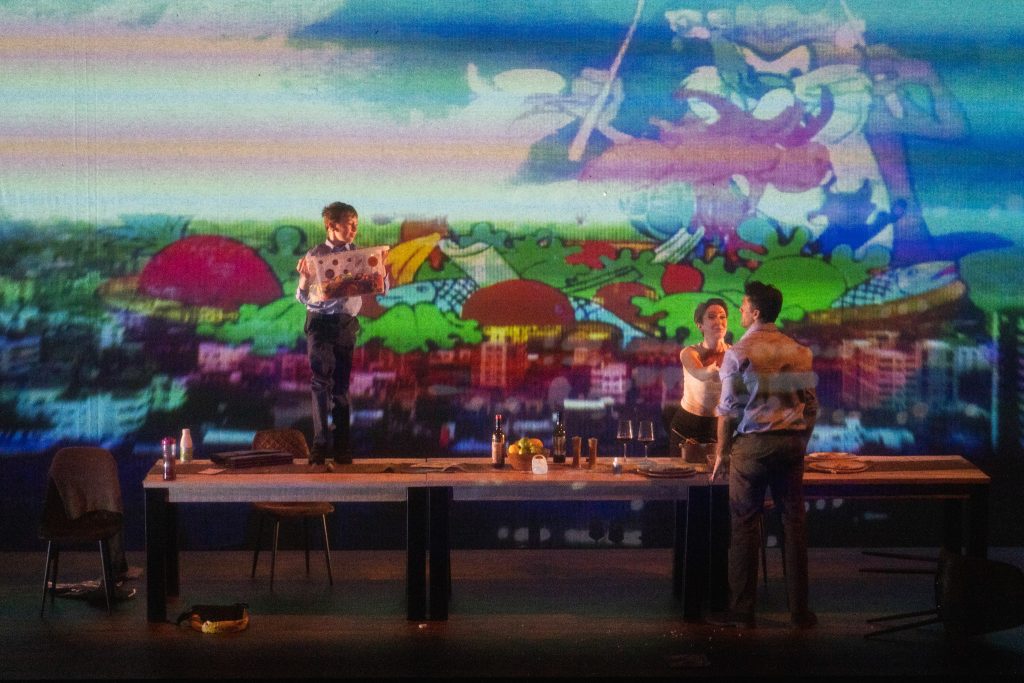
Once I had confirmed my placement with the Belfast Ensemble, I met up with the producer Bethany Simpson, upon meeting we discussed the requirements for the placement, my availability, my interests in theatre, and what I want to achieve during the placement. This conversation was very positive as it allowed Bethany an insight into the work she should set for me, I felt very lucky to have the opportunity to speak to the producer of the Headless Soldier. Reflecting on this conversation, if I were to have it again I would approach it with a greater level of confidence, as I felt quite nervous speaking to the producer, I feel that on some part I didn’t do a great level of fully explaining what work I wanted to specialise in, and so I was placed as an assistant stage manager.
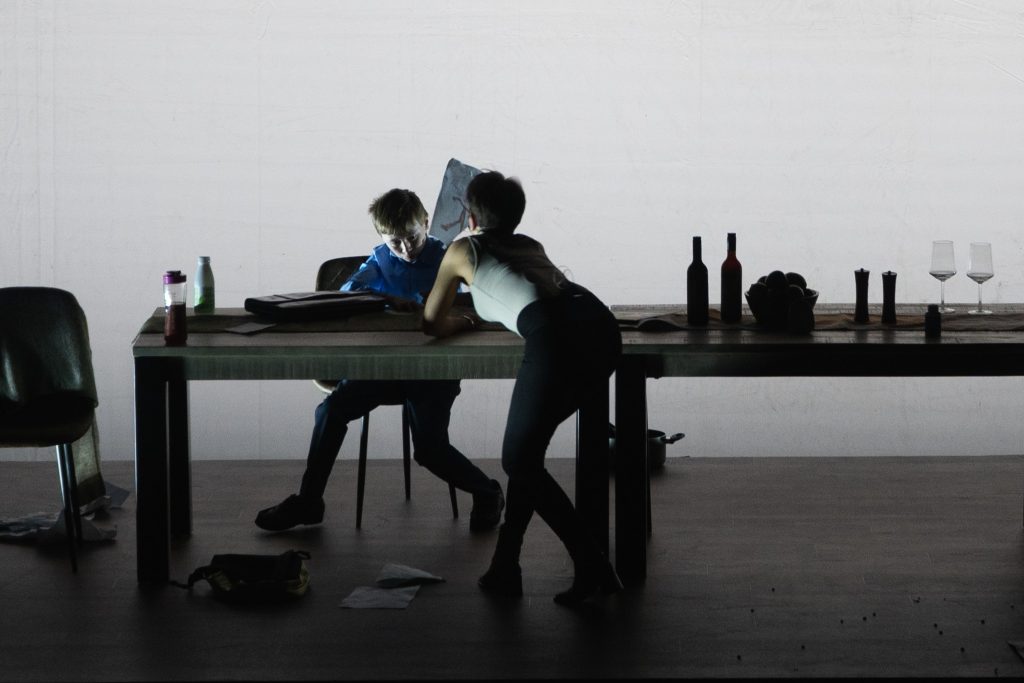
Being placed as an assistant stage manager, initially I feared this role was too general and I was annoyed at myself for not articulating my love for design and that I was interested working alongside the designer of the production. However, looking back, I think this role was perfect for me because it allowed me to discover a whole realm of work that I was originally blinded to. It gave me a large insight to the work of the talented theatre makers and how their individual roles came together to form a powerful and creative synecdoche of art. Whereas if I was more focused on a single role such as shadowing the designer of the production, perhaps I wouldn’t have had such a rounded and wholly insightful experience.
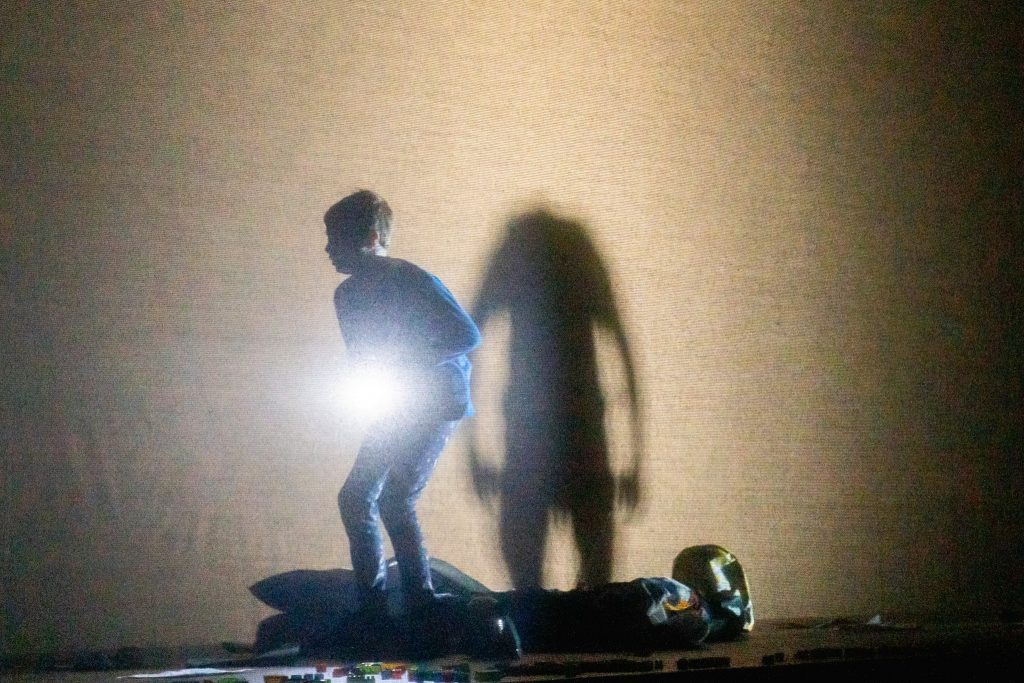
Bibliography
Adeani, I.S., Febriani, R.B. and Syafryadin, S. (2020). Using Gibbs’ Reflective Cycle In Making Reflections Of Literary Analysis. Indonesian EFL Journal, 6(2).
Berg, G.A. (2022). A Career in the Arts: The Complex Learning and Career Needs of Creative Professionals. [online] Google Books. Rowman & Littlefield. Available at: https://books.google.co.uk/books?hl=en&lr=&id=nhJgEAAAQBAJ&oi=fnd&pg=PR7&dq=related:D1imkPnNV5EJ:scholar.google.com/&ots=_LnmO8o9cW&sig=a6u_zcrs4WyZVsYFGAxKhKbc2GY&redir_esc=y#v=onepage&q&f=false [Accessed 3 Nov. 2023].
Fanthôme, C. (2004). Why Do a Work Placement? Work Placements- A survival guide for students. doi:https://doi.org/10.1007/978-1-137-08191-9_1.
Outburst Arts. (n.d.). Outburst Arts – Queer Art, Revolutionary imagination. [online] Available at: https://outburstarts.com/ [Accessed 8 Nov. 2023].
Wojak, A. and Miller, S. (2023). Starting Your Career as an Artist: A Guide to Launching a Creative Life. [online] Google Books. Simon and Schuster. Available at: https://books.google.co.uk/books?hl=en&lr=&id=r5k1EAAAQBAJ&oi=fnd&pg=PT14&dq=related:D1imkPnNV5EJ:scholar.google.com/&ots=KgcP3_OsOX&sig=vVoXiTUEz0n2oC6eie5NNJAg_ko&redir_esc=y#v=onepage&q&f=false [Accessed 1 Nov. 2023].